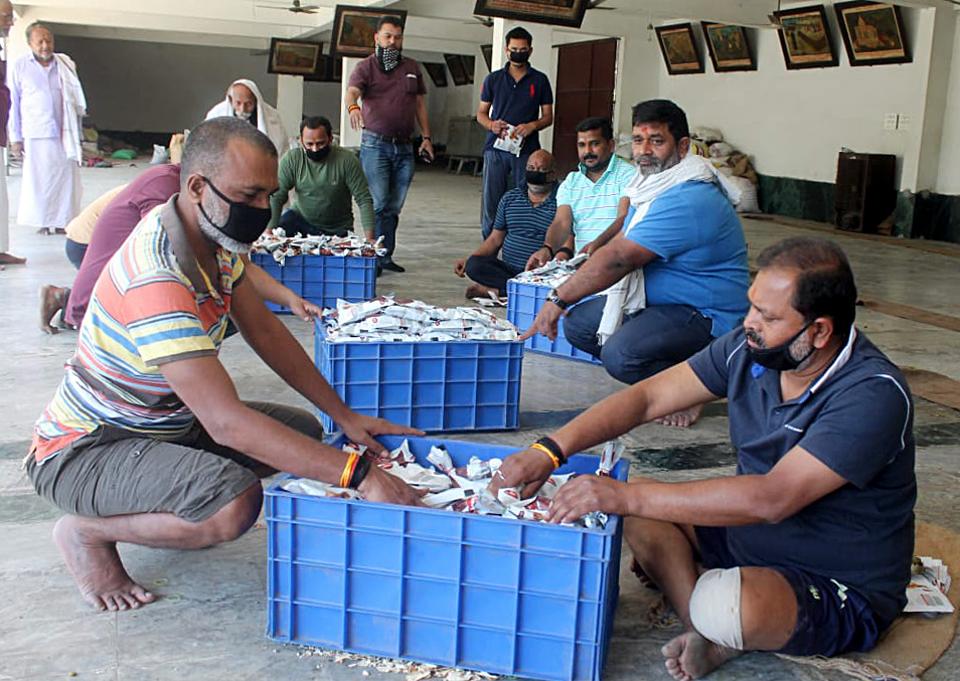Rupa Subramanya is a researcher and commentator.
In 2018, when the southern Indian state of Kerala was devastated by floods, Prime Minister Narendra Modi declined foreign assistance, following a precedent set during the Asian tsunami of 2004, when then Prime Minister Manmohan Singh had similarly declined.
The previous year, then Finance Minister Jaswant Singh, in his budget speech, had announced that India no longer needed foreign aid, a doctrine endorsed by every subsequent government, and widely seen as a marker of India's imminent arrival on the world stage.
While India was in the midst of fighting the first wave of COVID-19 under one of the harshest lockdowns in the world, Modi, in June 2020, had proclaimed a new doctrine of self-reliance, known as
Atmanirbhar Bharat, which purported that India's future would lie in looking after itself and not being dependent on other countries.
This marked a reversal of three decades of globalization in India. The country had opened up to international trade and investment in 1991, the year of India's economic reforms, which marked a change from a post-independence period characterized by isolation and central planning.
In January, Modi's optimism seemed to know no bounds. He said: "In times of crisis, India is able to serve the world because India, today, is capable of medicines and vaccines, is self-sufficient. This is also the idea of a self-reliant India. The more capable India is, the more it will serve humanity and the more the world will benefit."
Taking a leaf from his boss, in early February, when there were incipient signs of a likely second wave, India's External Affairs Minister, S. Jaishankar, proudly proclaimed that the country's recovery from the pandemic was evidence that India's self-reliance drive was working.
Today, India is in the midst of a deadly second wave of the pandemic with no relief in sight. The Modi government initially downplayed this threat and asserted India's exceptionalism, ignored credible warnings by its own experts and even a parliamentary committee that a second wave was building, and declared premature victory, both to their own citizens and to world leaders.
One mark of this complacency is that, as late as the end of February, the Indian government had ordered only 21 million vaccine doses for a population of 1.3 billion people while at the same time proclaiming to be the pharmacy of the world and engaging in vaccine diplomacy.
Such hubris has now brought India to its knees. The belated about-face and the grudging acceptance of foreign assistance marks a reversal of the long-standing policy of declining foreign assistance and makes a mockery of Modi's proclamation that India is ready for self-reliance.
Failure raises questions about nation's future role on the world stage

asia.nikkei.com




